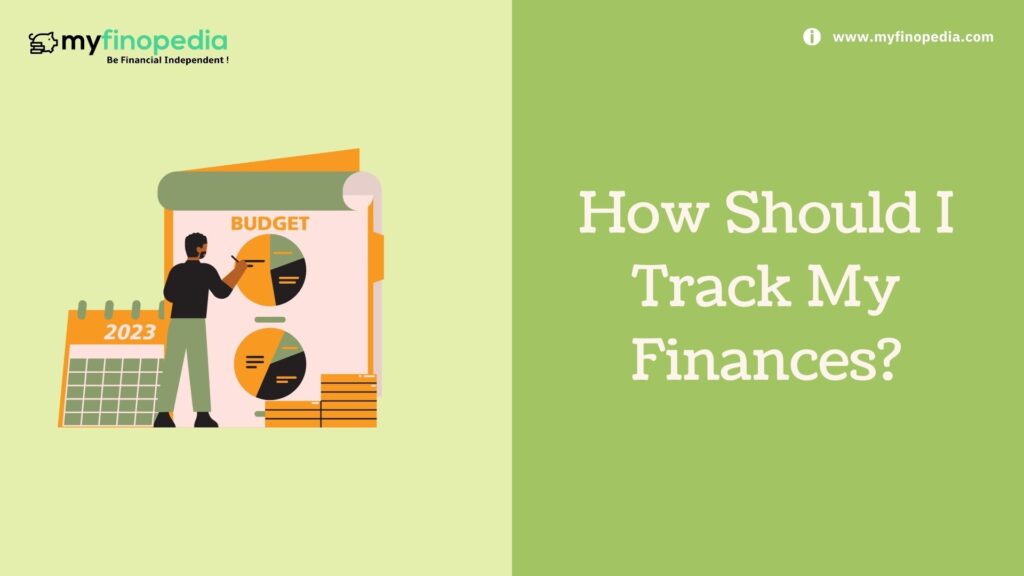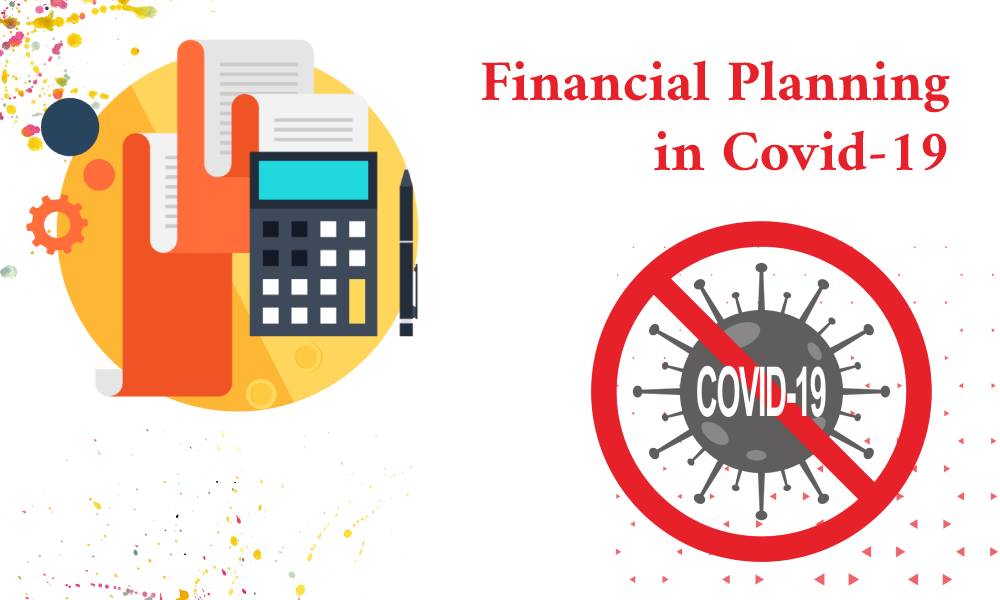Keeping track of spending is necessary for efficient money management. It facilitates improved financial decision-making, helps create budgets, and offers insights into spending patterns.
- Pick a Tracking Method: Decide on a tracking strategy that works for your tastes and way of life. Dedicated spending monitoring apps, spreadsheet programmes like Google Sheets or Excel, and conventional pen and paper are some of the options.
- Sort Expenses: Make groups for things like lodging, groceries, entertainment, and so on. This facilitates cost organization for improved analysis and budgeting. Be adaptable and change categories as necessary.
- Keep Track of All Expenses: Keep a consistent record of all expenses, regardless of their size. This covers payments made online, with credit cards, with cash, and for bills. For an overview to be thorough, accuracy is essential.
- Establish Realistic Budgets: Examine previous spending to establish reasonable spending caps for every area. Distribute money according to financial objectives and priorities. As income or expenses fluctuate, evaluate and modify budgets on a regular basis.
- Make Use of Technology: Make use of technology to make tracking expenses easier. Numerous apps include with functions like real-time bank account synchronisation, automated category, and receipt scanning.
- Analyse Spending Patterns: Examine spending records on a regular basis to spot trends in spending and places where changes can be made. Keep an eye out for patterns, including superfluous subscriptions or excessive spending in particular areas.
- Make a Plan for Unexpected Expenses: Budget for unforeseen costs such as yearly memberships, health insurance, or auto maintenance. Set aside money in a different account each month to pay for these unforeseen costs.
- Retain Discipline: Retain discipline when it comes to regularly tracking your expenses. Develop the habit of promptly documenting purchases and conducting frequent expenditure reviews to ensure that your finances are in order.






